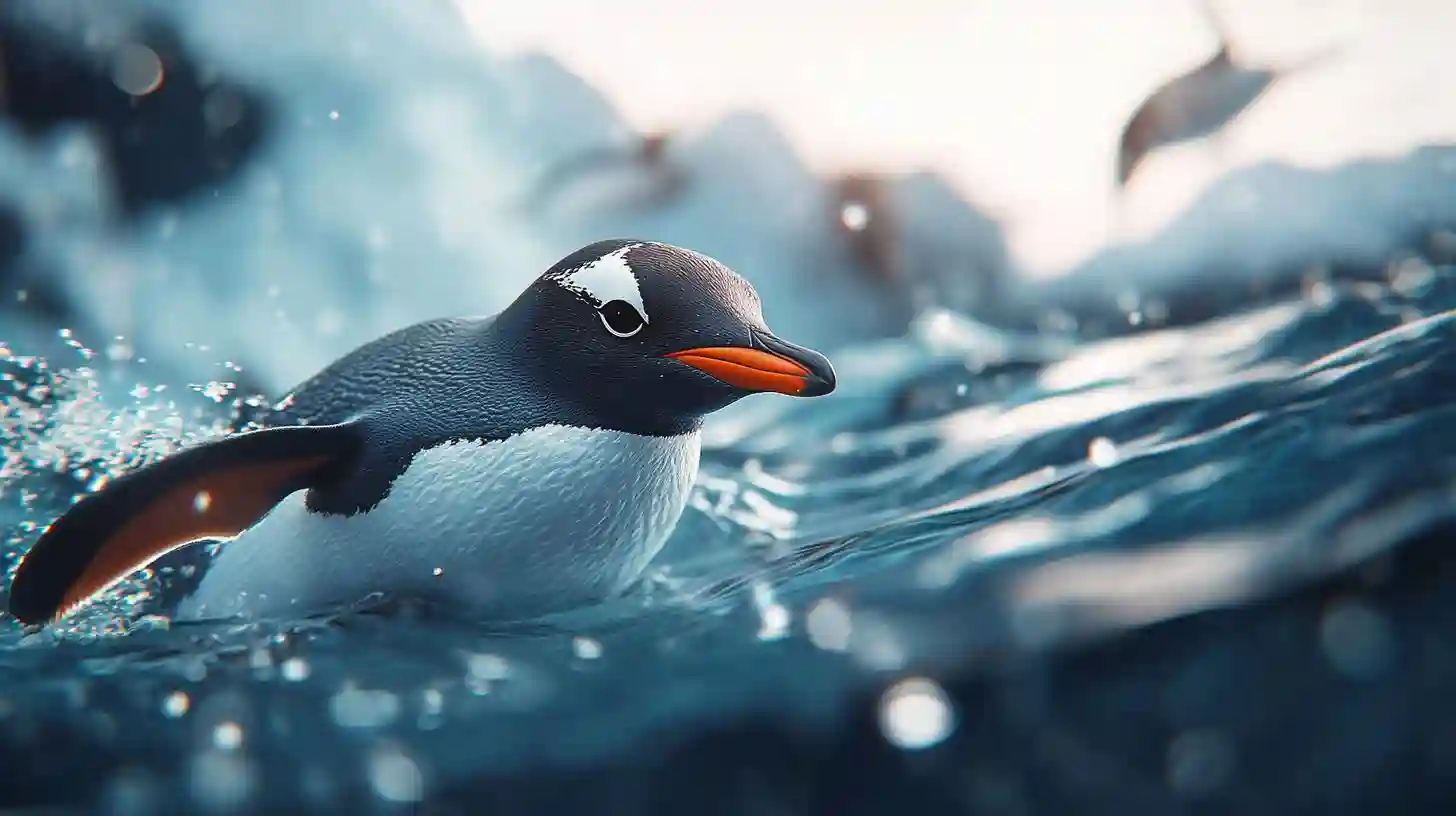
Penguins, belonging to the Spheniscidae family, are unique flightless birds primarily found in the Southern Hemisphere. Their extraordinary adaptations to life in the water and on land set them apart in the avian world. While most people associate penguins with cold climates like Antarctica, their range actually extends to more temperate regions, including parts of South America, Africa, Australia, and New Zealand. This diverse distribution showcases their adaptability and resilience in various habitats, from the icy shores to warmer coastal areas.
An intriguing aspect of penguins is their distinctive appearances and behaviors. Adult penguins exhibit a range of plumage, often characterized by a prominent contrast between their black and white coloring, which serves as effective camouflage in the water. Underwater, the dark feathers blend with the ocean depths, while the white underside reflects the light above, protecting them from predators like seals and orcas. This counter-shading is a remarkable example of evolutionary adaptation that aids in survival, allowing penguins to thrive in their aquatic environments.
The social structure of penguins is equally fascinating. These birds are known for their strong social bonds and complex behaviors. Many species engage in communal breeding, often forming large colonies during the nesting season. In these colonies, penguins gather in close proximity, providing warmth and protection against the harsh elements. Courtship displays are elaborate, featuring vocalizations, bowing, and even gift exchanges, such as pebbles, which are used in nest building. This social dynamic is critical for reproductive success and the survival of their chicks. Parent penguins share responsibilities in raising their young, taking turns incubating eggs and foraging for food, showcasing their cooperative nature.
Foraging behavior is a key aspect of penguin life. These birds are exceptional swimmers, using their wings, which have evolved into flippers, to propel themselves through the water with remarkable agility. Their diet primarily consists of fish, krill, and squid, making them well-adapted to an oceanic lifestyle. Penguins can dive to great depths in pursuit of prey, showcasing their remarkable ability to hold their breath for extended periods while navigating through dark underwater landscapes. Some species can dive to astonishing depths, returning to the surface with a bounty that sustains their families and the community.
Despite their intriguing adaptations and behaviors, penguins face various threats, many of which stem from human activities. Climate change has profound implications, affecting their habitats, food availability, and breeding patterns. Melting ice in polar regions can disrupt the delicate balance of their ecosystem, as well as lead to increased competition for food resources. Overfishing also poses a significant concern, depleting critical food sources that penguins rely on for survival. Pollution, such as oil spills and plastic waste, further endangers their populations, directly impacting their health and reproductive success.
In recent years, conservation efforts have gained momentum to address these challenges. Organizations around the world are mobilizing resources to protect critical penguin habitats, establish marine protected areas, and promote sustainable fishing practices. Public awareness campaigns are essential in generating support for initiatives that aim to secure a future for these extraordinary birds. Education plays a vital role, informing communities about the importance of keeping ecosystems healthy and the interconnectedness of all life forms.
Research into penguin populations helps scientists better understand their behavior, biology, and responses to environmental changes. Leverage technology, such as satellite tracking and underwater cameras, allows researchers to gather valuable data on their foraging patterns and migration routes. This knowledge not only aids in the conservation of penguin species but also contributes to the broader understanding of marine ecosystems.
As charismatic ambassadors of the animal kingdom, penguins capture the hearts of people around the globe. Their charm and resilience remind us of the importance of preserving the unique biodiversity our planet has to offer. Observing their playful antics and communal behaviors can bring joy and wonder, fostering a sense of connection to nature. Supporting conservation efforts can make a real difference, ensuring that future generations can continue to marvel at the captivating lives of penguins and the ecosystems they inhabit. Protecting these incredible birds is not just about saving a single species; it is a commitment to the health of our planet and the myriad forms of life that call it home.